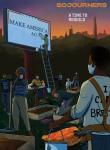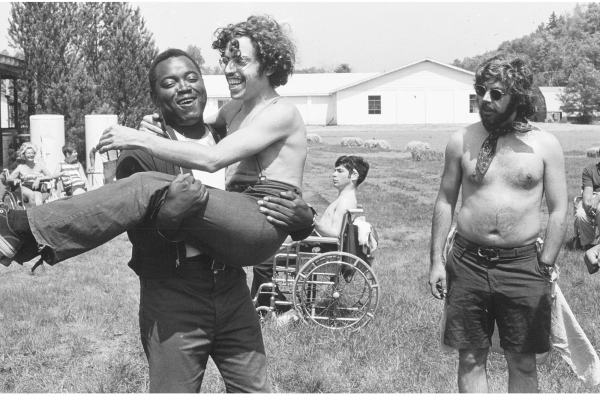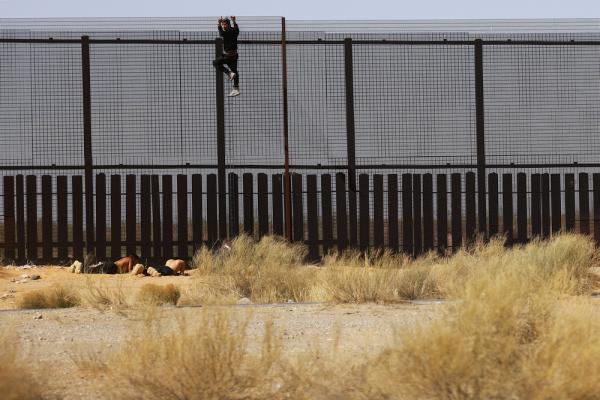FOR A YEAR defined by isolation, 2020 has been fascinatingly full of stories about relationship. It feels oddly appropriate that during a time when we’re constantly confronting our divisions—ideological and physical—we’ve been surrounded by cinematic reminders of the importance of community and the various ways we find it. Films of 2020 have come out largely through streaming platforms, and we’ve watched them in our homes, by ourselves. They’ve still managed, however, to inspire connection.
Kirsten Johnson’s documentary Dick Johnson Is Dead chronicled her father’s dementia by celebrating her dad’s life, while Natalie Erika James’ horror film Relic addressed the real-life existential terror of watching a loved one’s mind fade to the same disease. Other films such as Spike Lee’s Da 5 Bloods and Sofia Coppola’s On the Rocks examined how adult children relate to their parents’ flaws. Of course, family doesn’t have to mean the people we share our genes with. Movies this year addressed found families too, from Crip Camp’s community of disability activists to The Old Guard’s fiercely devoted group of immortal warriors. Even popcorn fare such as Bill & Ted Face the Music celebrated the way long-standing bonds support us throughout our lives and help us in turn to love others.
There were many films that considered our societal connections and responsibilities to each other. David Byrne’s American Utopia looked for ways to joyfully unite humanity through music, while calling attention to lives lost to systemic racism. Garrett Bradley’s moving documentary Time provided an intimate look at a family torn apart by mass incarceration. The 1968 anti-war protests of The Trial of the Chicago 7 bore visual similarities to the Black Lives Matter protests of 2014 and 2020, placing a modern set of eyes on a historical example of injustice and police brutality (despite the film’s factual inaccuracies).
When we’re spending so much time separated from the world at large, it’s important that we have reminders of our humanity—the ways we are outside of pandemic constraints and the connections we still need to cling to. Solitude is valuable for self-reflection, but the Bible reminds us that faith thrives in community, where we can learn from each other, lean on each other, and see the image of God in each other. We may not be able to go to movie theaters, but films still provide an emotional gathering place where we can individually process our thoughts. This year, perhaps more so than others, movies have been our social classroom, encouraging us to keep fighting and hold tightly to the people we love.

Got something to say about what you're reading? We value your feedback!







